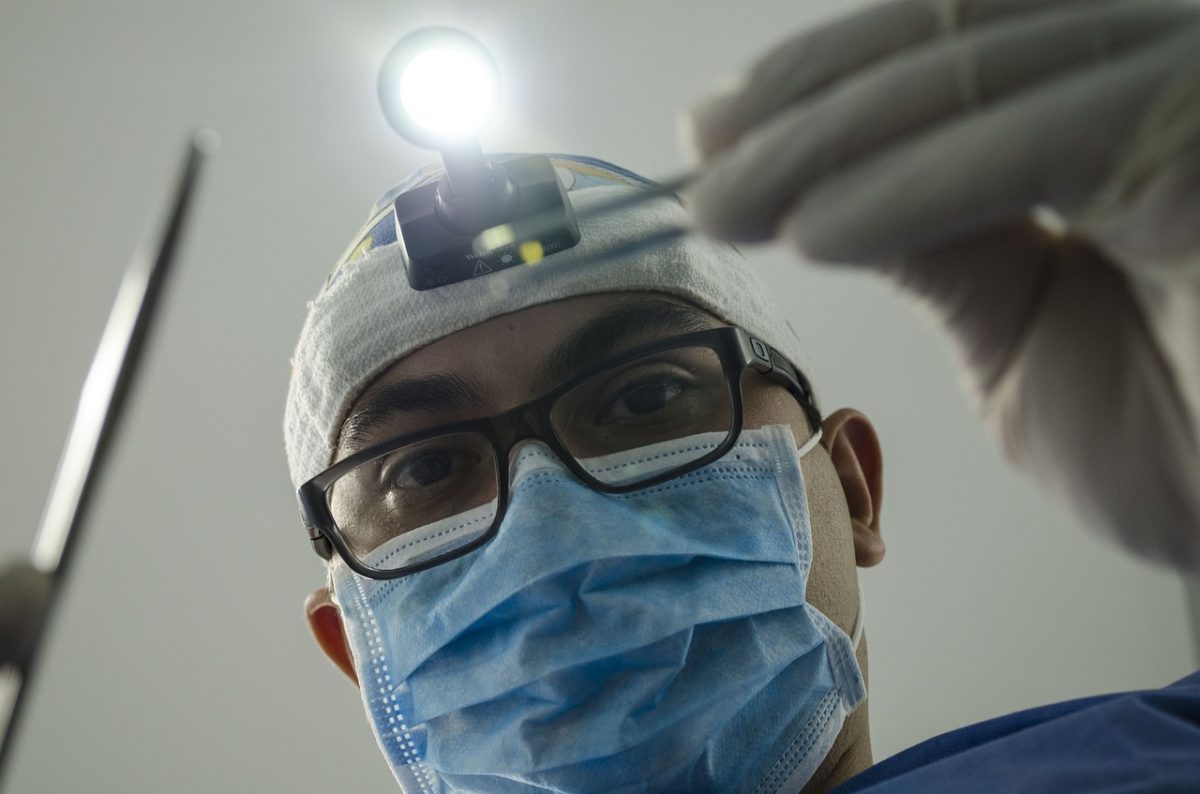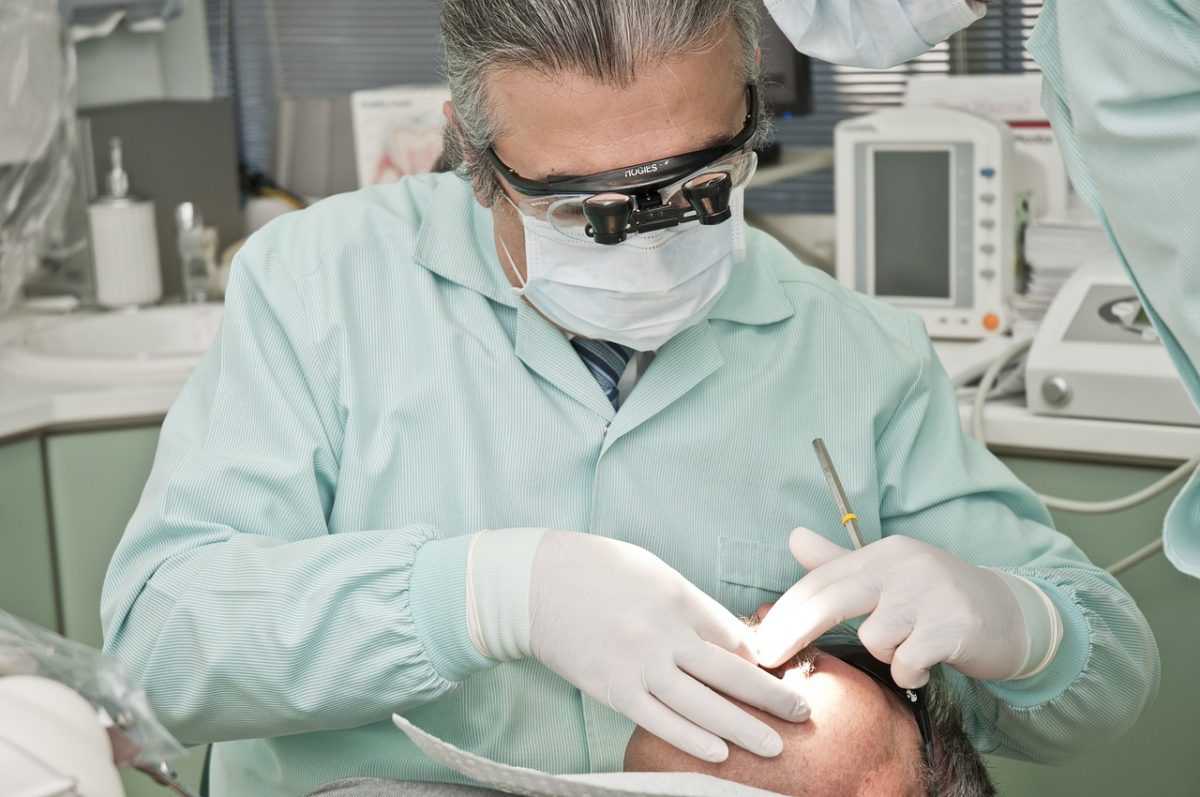
The above image is courtesy of Reflections Dental Spa
Wisdom teeth are the last set of molars to erupt in your mouth. They often come into the oral cavity when there is no room for them, which can cause problems with tooth alignment and chewing ability. The removal of wisdom teeth is called “extraction” and it usually involves surgery. This article will show you how having this procedure done could help you fight better against plaque and bacteria build-up!
Introduction
Tooth Extraction Wisdom tooth extraction is a common procedure that can be used to help with problems associated with wisdom teeth. These include:
- Crowding or shifting of teeth
- Damage to adjacent teeth and gums
- Infection in the mouth that can spread from tooth to tooth
The removal procedure is commonly referred to as “extraction” because the dentist literally pulls the wisdom teeth out. Before performing this surgery, you will receive a local anesthetic so there won’t be any pain during the process. Afterward, your doctor should provide you with medication for pain relief and antibiotics in order to fight off infection. Your doctor may also prescribe some type of anti-inflammatory medicine like ibuprofen (Advil) which can help address swelling and promote healing after surgery.
You’ll want to avoid certain activities such as playing sports, riding a bike, or doing yoga for at least the first few days. Although your mouth will be sore, you should continue to eat healthy and nutritious foods that are soft-textured (i.e. mashed potatoes).
Do Wisdom Extraction Procedures Help?
This is a very complex question. There is no scientific research available on whether wisdom tooth extraction can help prevent plaque buildup in other areas of your mouth, however many patients report better oral hygiene after having their wisdom teeth removed since there isn’t any pain associated with flossing anymore! If you have had chronic bad breath problems due to bacteria build-up in your back molars, this could also improve once they’re gone because food residue won’t get trapped there as often.
Additionally, if people used to tell you that your breath always smelled bad, it’s possible they can’t tell anymore. This is because bacteria build-up in the back of the mouth is a major source for causing halitosis (bad breath) so removing wisdom teeth could help lower this!
Background on wisdom teeth and their impact on your health
The average person has 32 teeth, and the third set of molars is called wisdom teeth. They typically emerge when a person reaches their late teens or early twenties. However, this process can take place earlier in some people than others. If you have not yet reached 25 years old, it’s important to know that your wisdom teeth could come through soon after they are fully developed inside your jawbone.
Wisdom teeth often cause problems for people. It is estimated that one in every two people will experience some kind of complication due to their wisdom teeth when they are young adults.
The most common problem associated with the third set of molars is impaction, which means a tooth did not emerge completely from the gums and jawbone during development. This can happen because there’s minimal room left inside your mouth after your other sets of adult teeth have come through.
The result of this impaction could be swelling or pain around the area where your wisdom tooth would normally erupt from its position within your jawbone.
What you can do to fight plaque and bacteria build-up in the mouth after an extraction

Once you’ve had your wisdom teeth removed, the next step is to keep up good dental hygiene practices. That means brushing twice a day with fluoride toothpaste and flossing every night before bedtime. Also, be sure not to get into habits like eating too many sugar-based foods or drinking high amounts of alcohol on a regular basis after getting rid of your third set of molars because these could lead to plaque buildup inside your mouth.
You can also ask us about using an antibacterial rinse in place of brushing for some days after surgery so that there won’t be any crusty stuff left behind which might irritate sensitive tissues within the gums where they were extracted from.
How wisdom tooth extraction could help you fight better plaque and bacteria buildup in the mouth
There are many reasons why wisdom tooth extraction is performed, but the main one to consider when having this procedure done in order to be healthier. For example, you can expect your gums and teeth will start feeling better after getting rid of the third set of molars because there won’t be any more building-up plaque or bacteria inside your mouth which could lead to an infection.
Wisdom tooth removal procedure
The steps involved in wisdom tooth removal are fairly simple. You can expect your dentist to numb the area before performing any extraction, and then use a suction tool immediately after removing any teeth in order to keep blood from spilling everywhere on the floor of their office.
What to expect after wisdom teeth are removed
Most patients do experience some swelling and bruising after having their third set of molars taken out, but this is a normal part of the healing process. The good news is that by using ice packs on your face or jaw area where surgery was performed, you can help reduce any discomfort caused by these side effects during recovery.
You might also want to avoid chewing for at least 24 hours following tooth extraction in order to give the incision time enough time to heal without being irritated too much by moving around with food inside your mouth. It’s perfectly fine to drink fluids immediately after getting rid of lower wisdom teeth because they don’t contain anything which could cause further irritation if it goes down into your esophagus.
Wisdom teeth are often associated with problems for young adults, but after having them removed there will be fewer things to worry about when it comes to developing gum disease or cavities which can become hazardous if they aren’t treated right away. If you have any more questions about wisdom tooth removal, don’t hesitate to ask us today so we can find out what would work best in order for you to get rid of issues like infection risk inside your mouth once and for all! You can also check out this dentist in Denison if you reside in Texas or the nearby areas.

